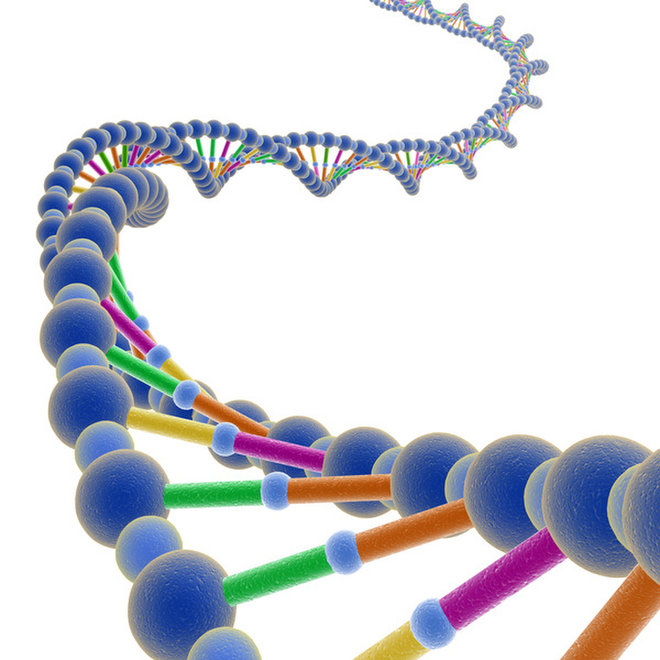
If you are interested in becoming a living kidney donor and are in good health, here are some steps you can take. More details
Over one third of people in Ireland who develop kidney disease will have another family member affected by kidney disease. Genetics plays an important role in the development of kidney disease.
The Irish Kidney Gene Project was set up in 2014 to explore the links between inheritance and kidney disease. It is collaboration between the Department of Renal Medicine at Beaumont Hospital and Department of Human Genetics at The Royal College of Surgeons.

Aims of the project |
| To study the genetic causes of kidney disease |
| To create a national database of patients affected by genetic kidney disease |
| To operate a clinical renal genetics clinic in Beaumont Hospital providing diagnosis and genetic counselling |
| To identify new genes in families affected by kidney disease |
We have international ties with Duke University, Boston Children’s Hospital and Harvard Medical School.
We operate a renal genetics clinic twice a month to help diagnose and manage those with hereditary kidney disease. We are happy to see patients and family affected by kidney disease. If this effects you, please ask your GP or nephrologist to send us a referral.

Professor Peter Conlon, Consultant Nephrologist, Beaumont Hospital/RCSI
Professor Gianpiero Cavalleri, Associate Professor in Human Genetics and Deputy Head of the School of Postgraduate Studies
Dr Katherine Benson, RCSI
Ms Caragh Stapleton, RCSI
Dr Dervla Connaughton, Beaumont Hospital/ Harvard Medical School
Dr Claire Kennedy, Beaumont Hospital
Dr Susan Murray, Beaumont Hospital
Ms Claire Foley, Research Nurse, Beaumont Hospital/ RCSI
This project involved interviews with 1800 Irish patients with chronic kidney disease at nephrology clinics and dialysis units nationwide. We observed a prevalence of family history of kidney disease amongst 34% of patients (or 27% when polycystic kidney disease cases were excluded). Familial kidney disease was particularly prevalent amongst those patients with Alport syndrome, Congenital Abnormalities of the Kidney and Urinary Tract (CAKUT), tubulointerstitial kidney disease and those with an uncertain aetiology.
This study highlighted the high prevalence of inherited kidney disease among our patients nationwide, and suggested that focused genetic analysis of certain groups was appropriate. This study was the foundation for the following studies all undertaken under the auspices of the IKGP group.
Fourteen families with familial IgA have been identified and recruited to IKGP. In this cohort, probable autosomal dominant and recessive modes of inheritance were observed. There were 42 affected individuals in the fourteen families (with either biopsy-proven IgA nephropathy or ESRD). A detailed clinical analysis of the patients and families has been accepted for publication by Nephron (Ref NEF-2017-7-14/R2).
Since this description, we have undertaken exome sequencing of ten of these families. In three out of the ten families we have identified candidate mutations. We identified collagen gene (COL4A3 and COL4A5) mutations in two families - one of which was definitely pathogenic and one likely pathogenic according to American College of Medical Genetics (ACMG standards) suggesting the alternate diagnosis of Alport Syndrome in these patients. In another family, we identified a mutation in the LMX1b gene which has previously been associated with Nail-patella syndrome, however further work is required to access the significance of this variant.
The IKGP database includes 49 patients from twelve families in Ireland with ADTKD. Of these, 19 patients, from three families, were demonstrated to have a pathogenic frameshift (cytosine insertion) MUC-1 mutation confirming the diagnosis to be ADTKD-MUC1. A further fourteen patients, from three families, are confirmed heterozygotes for a UMOD mutation, confirming ADTKD-UMOD. Each UMOD mutation led to a single amino acid substitution at protein level (tyrosine to cysteine substitution (p.Y274C), cysteine to tyrosine substitution (p.C223Y) and cysteine to tyrosine substitution (p.C106Y) respectively). All three mutations have been described in other families worldwide. Investigations are pending for the remaining six families.
All in all, although likely under-recognised and under-diagnosed, this disease entity is thought to account for approximately 0.5% of Irish ESRD patients.
We have collaborated with Tony Bleyer in Bowman Grey University in North Carolina and the Broad Institute, Boston to make these observations. Our experience has been presented internationally and manuscript preparation is underway.